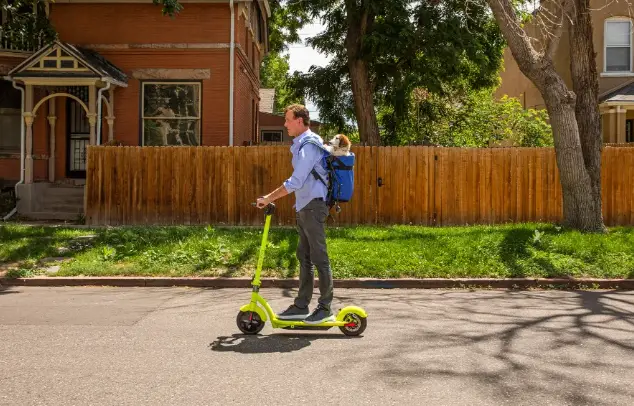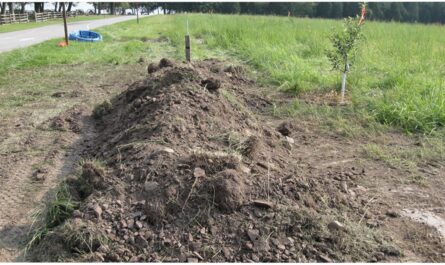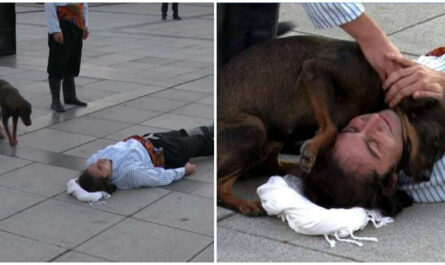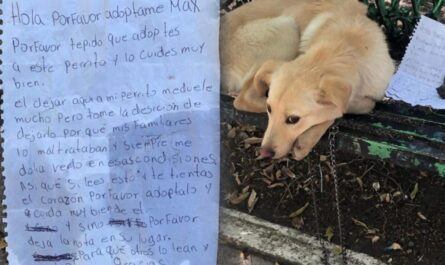Edsel (2006-2022) had a face that even the most devoted mother might not have adored, not to put too fine a point on it.
The dog resembled a species you might see in the Australian bush, according to Edsel’s owner, Steve Greig, who recently made that statement.
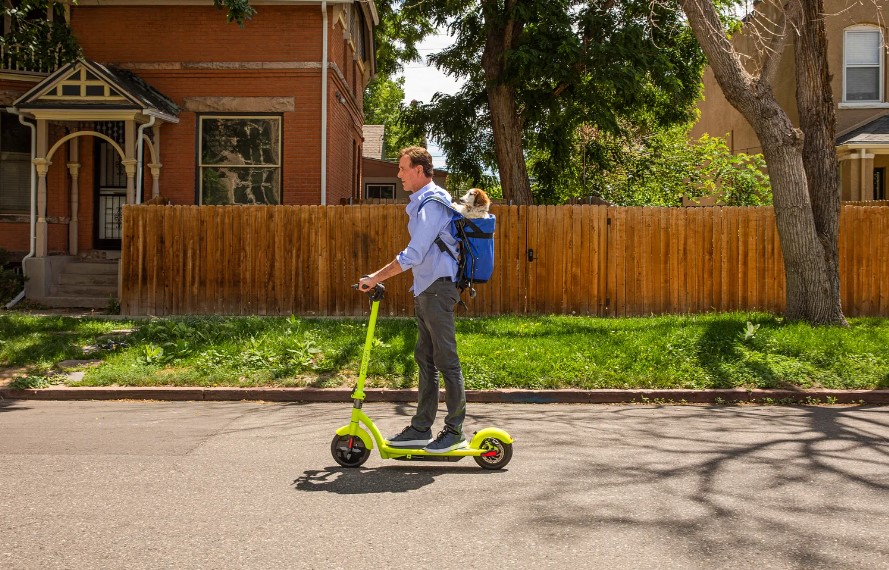

“He looked a little like a wombat. Or a monkey. Or a little bat.”
Edsel, a 12-pound dog, had been left at an animal hospital close to Greig’s house in Colorado. His chances of being adopted were small due to his unattractive appearance and the fact that he was already ten years old.


During the pandemic, an estimated 23 million American families adopted dogs, but the dogs adopted were typically young, fluffy puppies that did not resemble wombats.
Edsel was fortunate since it occurred at the ideal moment and location. Greig, an oil and gas industry accountant, had already accepted his calling — to live with a ten-pack of last-chance animals destined on a shelter’s “blacklist”.
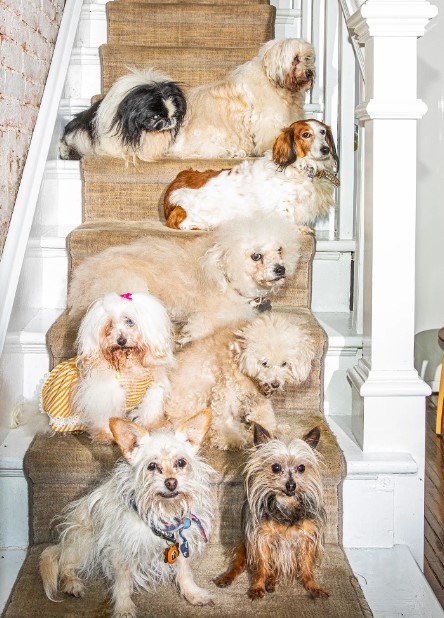

Compared to many of Greig’s other dogs, Edsel was in better form despite having sagging eyes, a misaligned lower fang, and being older.
There are missing eyes, missing jaws, incontinence, heart disease, and other illnesses among the current crew, which include Melvin, Fernando, Cat, Mrs. Woolworth, Raylene, Juanita, Willamena, Chalmer, Hertha, and Loretta; their average age is fifteen.
(Greg also owns a pig named Bikini, whose most serious ailment is sloth, and a turkey named Cranberry, who is blind in one eye and suffers from a disease that prevents him from holding his head up when he is afraid or drowsy.)
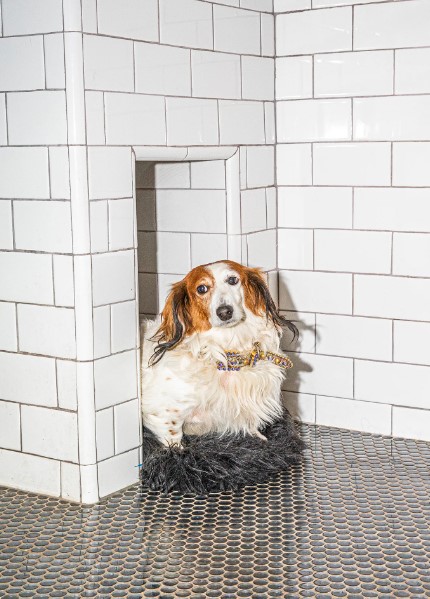

Edsel was in excellent health until a few years ago he started experiencing fainting spells, according to a DNA test. He had thick, wavy hair and a startled expression on his face even when he was not shocked.
He was attentive and expressive. He was an amalgamation of a Chihuahua and Poodle but looked unlike any other dog in the world.
Greig had not intended to manage a hospice for the miserable outcasts of the canine world. He was motivated by the untimely death of his dog Wolfgang, with whom he had a deep relationship, in a car accident in 2012.
He overcome grief and decided that he needed to do something to give Wolfgang’s death some sense of meaning.
“I went to a shelter and said, ‘Give me the oldest dog you have,’ ” Greig said. A dead-end if there ever was one, it turned out to be a 12-year-old Chihuahua with four damaged knees and a heart murmur.


Greig was encouraged by the knowledge that Wolfgang’s passing had allowed the Chihuahua, whom he named Eeyore, to live.
“The feeling that came over me—all my pain was lifted, my burden was lifted,” he said. “Eeyore was so happy. He was a great little dog.”
After the success of Eeyore, Greig assessed his house (which was huge) and determined that he could take on another senior.
“Phyllis was one of the most horrific-looking dogs I’d ever seen. She was blind and had lost all her hair and had sores on her snout. No way was she getting adopted.” He adopted her.
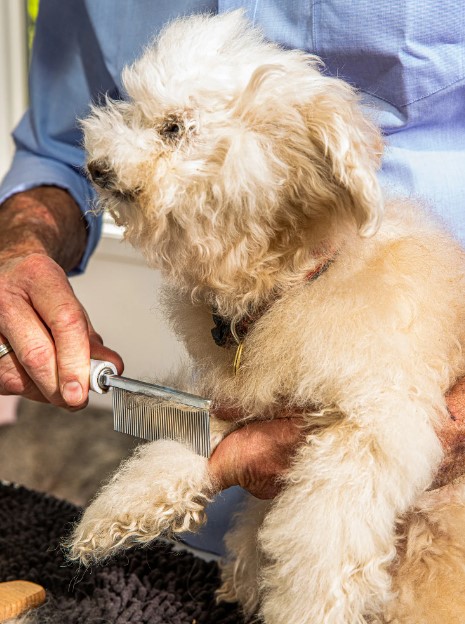

He assured me that what he does is more than just charitable work because older dogs are, in his opinion, mature, laid-back, confident, and make fantastic friends. According to Greig, as they age, dogs, like (most) people, develop into their best selves.
He believes he has taken in nineteen seniors since Eeyore. He attempts to keep his total number of dogs at nine at any given moment, even though, he admitted somewhat sheepishly, his current total is ten.
But as in every town from the Golden Age, there is a lot of change. I questioned whether adopting dogs so near to their probable end dates meant living in continual sadness. He began to respond, but Melvin was requesting attention and stifled what he had to say.
Melvin, who is blind and 19 years old, is nevertheless loud. Greig sighed, “I’ve turned into his butler.” But let us get back to the subject of his frequent farewells. “He’s letting me know he needs to go out, or eat, or drink, or he’s cold.”


“The joy I get out of it far outweighs the pain,” he said. “It’s hard knowing that it’s a short time, but that’s what the purpose is. I remind myself that it’s not about me; it’s about what I’m doing for them. It’s about giving them a good life. The first thing you do is grieve, but then there is that sense of satisfaction. It makes me happy, not sad.”
According to the million followers on his Instagram account, Greig’s efforts appear to make a lot of people happy. Given that he had little interest in social media and had never used it before, he was surprised by its popularity.
He remarked, “I guess people have a soft spot for old dogs.” All feedback he gets is positive, and the question about how he manages to keep his home tidy comes up most frequently.
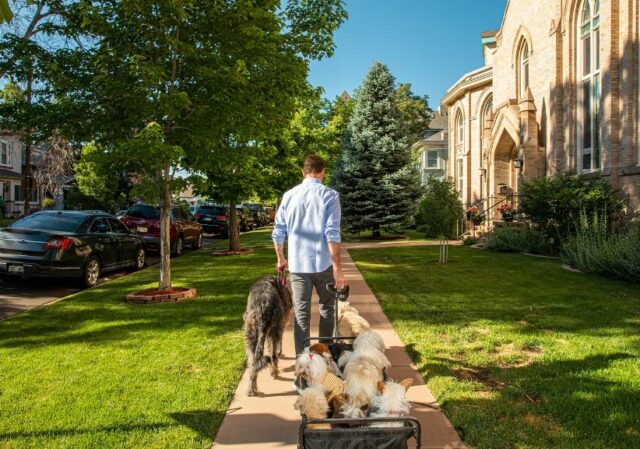

Every time one of his gang members passes away, he adopts a new puppy in memory of the deceased pet. Following the passing of Phyllis in 2016, Edsel entered his life.
The day after Phyllis passed away, he received an email from the veterinary hospital informing him that an old dog had just been left there and would be taken to a shelter (with a potentially fatal end) if he was not adopted immediately.
He waits a while before bringing in a new dog. The email had a headshot of Edsel as a rather striking attachment.
“My mistake was that I opened the attachment,” Greig said. “Once I saw his face . . .”
He hopped in his car and headed to the hospital. When Greig walked in, Edsel was sitting on the counter with an eager expression.
“He looked right at me,” Greig said. “I felt like he was saying, ‘Hey, where have you been?’ ”
